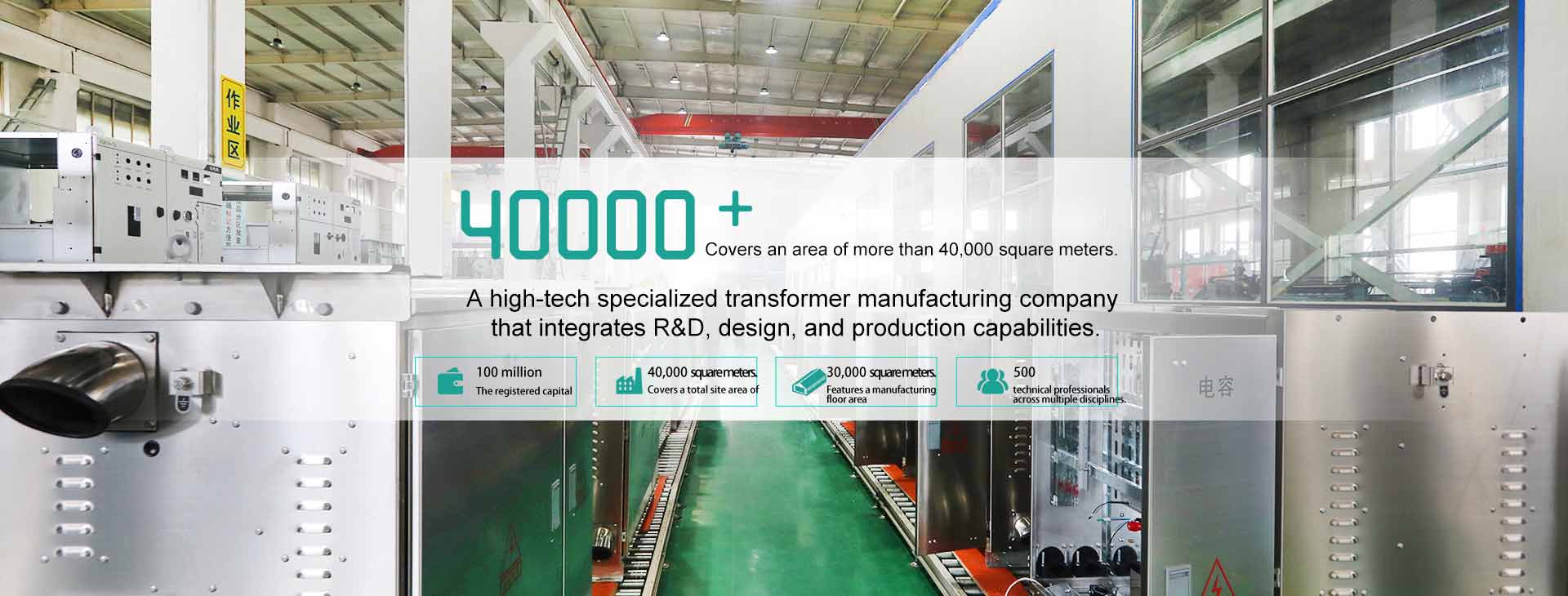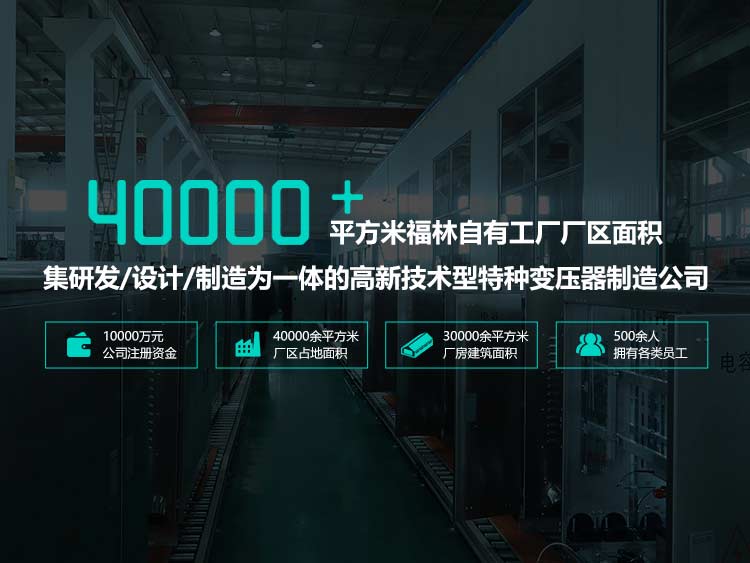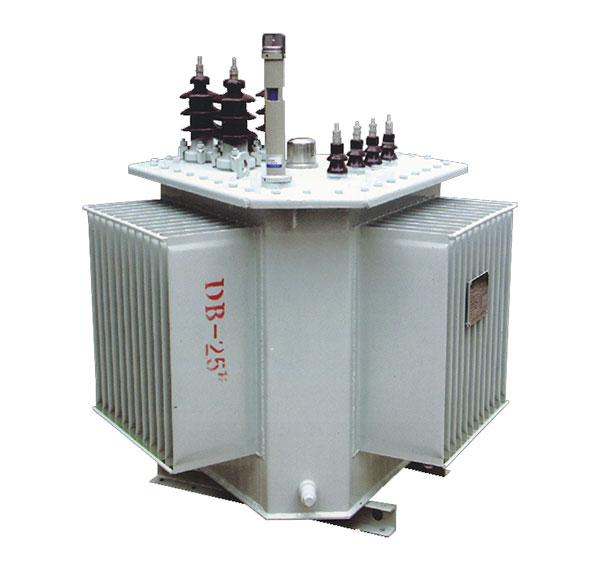Three-Dimensional Rolled-Core Amorphous Alloy Transformer
- Technical Features:
- Ultra-Low Noise Operation: The transformer employs high-purity amorphous alloy strips exhibiting inherently low magnetostrictive characteristics, effectively minimizing vibration-induced noise at the source. In addition, multi-layer damping pads are integrated at the core-to-tank interfaces, and an elastic constraint system is implemented for winding fixation. These complementary noise-reduction measures ensure operational sound levels remain below 50 dB—substantially lower than those of conventional transformers—making the equipment particularly suitable for noise-sensitive environments such as residential zones, hospitals, and educational facilities.
- High-Efficiency and Low-Temperature-Rise Design: A refined internal oil-flow guidance structure featuring a "multi-channel turbulent flow" configuration enhances cooling oil circulation efficiency by more than 30%. This, in conjunction with fin-type radiators that expand the effective heat dissipation area, significantly improves thermal performance, limiting the average winding temperature rise to ≤50 K under full load. This optimized thermal management effectively mitigates insulation degradation and contributes to an extended service life exceeding 30 years.
- Innovative Structural Design
- High-Strength and Stable Tank Structure: The tank incorporates a fully welded frame constructed from Q345 high-strength steel for the primary load-bearing framework. Critical components are precision-machined using CNC technology to ensure dimensional accuracy and structural consistency, thereby enhancing resistance to mechanical deformation by approximately 40%. Reinforced stiffening ribs at the base, combined with anti-slip mounting pedestals, provide robust protection against mechanical shocks during transportation and installation, while ensuring stable long-term operation.
- High-Altitude Operational Adaptability: An air cushion reserve of 10%–15% in the upper tank volume enables automatic pressure equalization between the internal and external environments at altitudes up to 4,500 meters, preventing oil-level fluctuations due to reduced atmospheric pressure. Additionally, upgraded weather-resistant insulating bushings are employed to increase the dielectric strength of the external insulation clearance, ensuring reliable insulation performance under high-altitude, low-pressure conditions.












